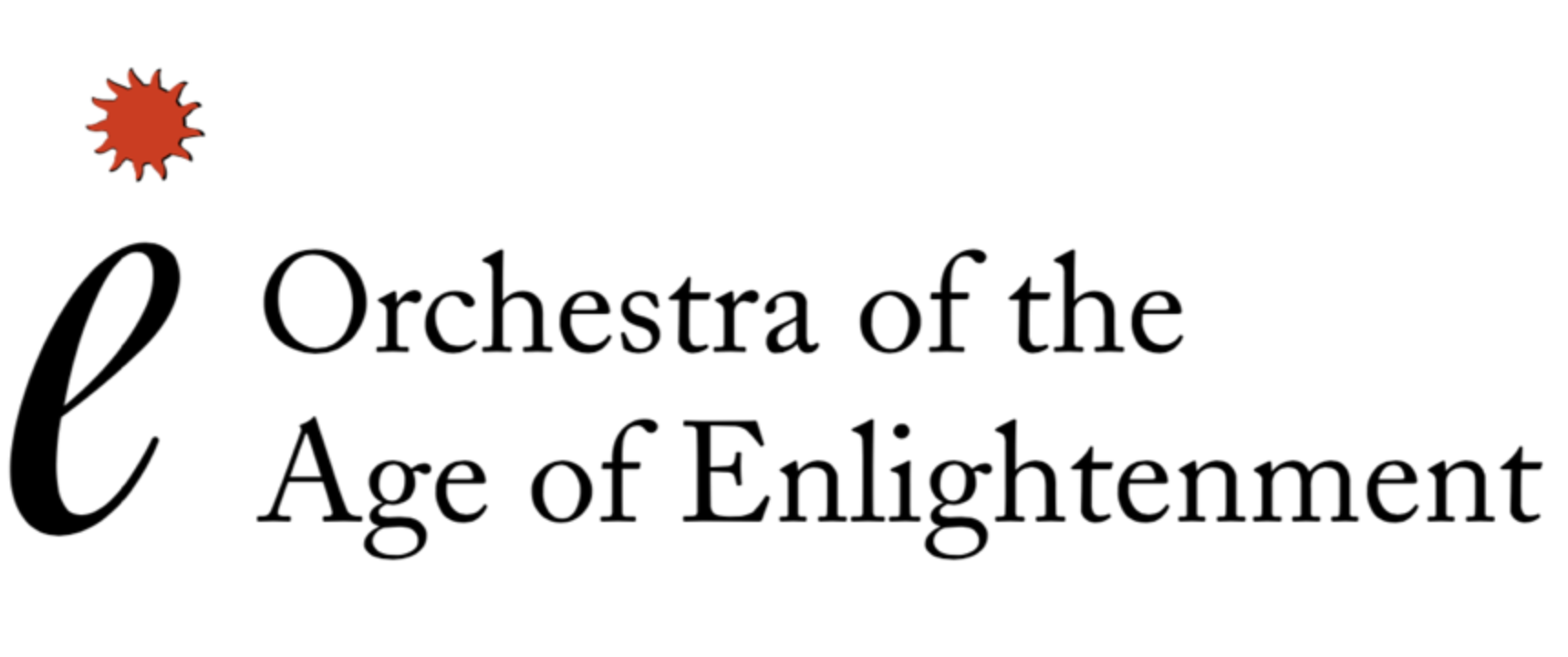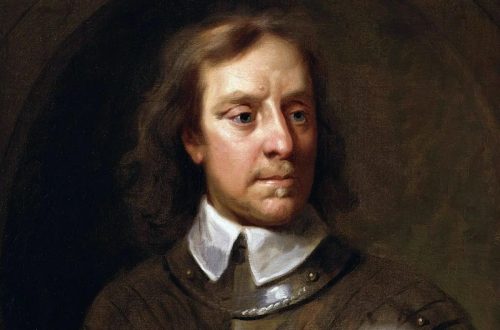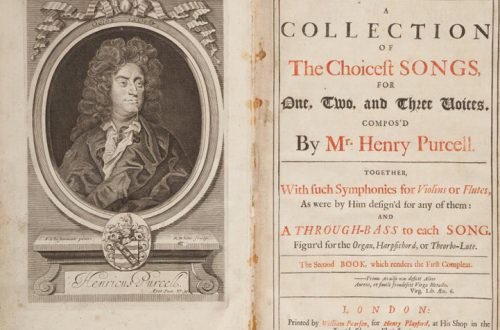The Euros 1683
England 1-0 Italy 22 September 2021
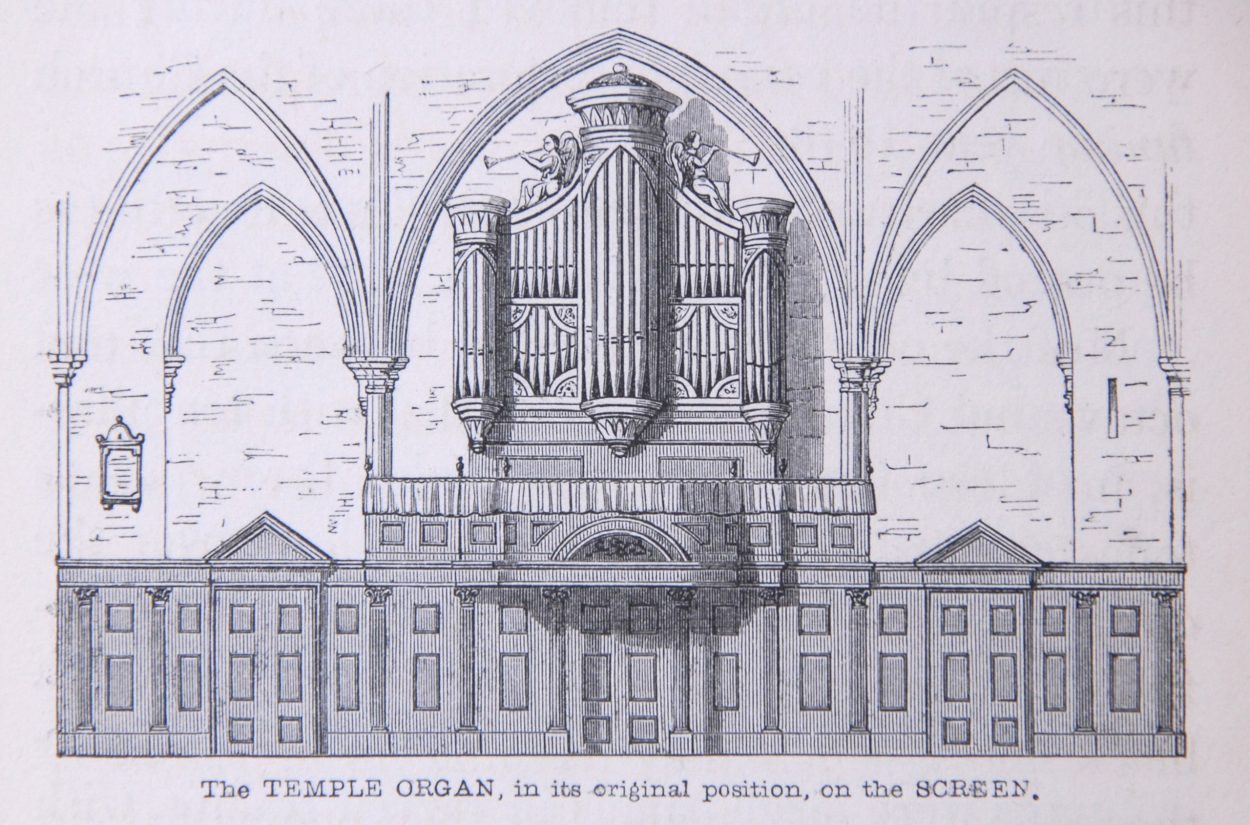
As the Restoration flourished an intriguing contest took place between the continental composers that the new King brought over to England and the home-grown talent who had by now recovered from 18 years under Cromwell’s Commonwealth.
I’ve been asked, as a friend of the OAE to write a few words about the concert Restoration Music which director Steven Devine has brilliantly curated from the plethora of – largely unknown – music from the mid seventeenth century. There’s a bit of general background here and the story continues here.
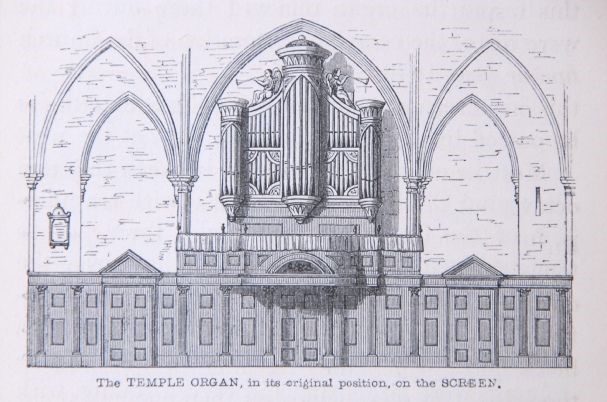 "With a clear motto of ‘nothing but the best’, the commissioners asked the two leading organ makers to build a demonstration model."
"With a clear motto of ‘nothing but the best’, the commissioners asked the two leading organ makers to build a demonstration model."
In the spring of 1683, the powers that be at the Temple Church – and they were quite some powers with Knights Templar credentials – decided to commission new organs for the church and the Middle and Inner Temples. The church itself was undergoing a refurb under Sir Christopher Wren. With a clear motto of ‘nothing but the best’, the commissioners asked the two leading organ makers to build a demonstration model. Bernard Smith believed he had the commission and was most aggrieved when Renatus Harris, a deadly rival, was asked to build an organ too. The makers enlisted the best keyboard players of the day to demonstrate their qualities. It’s a bit like asking Elton John and Jamie Cullum to show off on a new form of piano – we are talking popular music here albeit in the temples. So Harris enlisted Giovanni Battista Draghi, the royal organist, and Smith chose both Henry Purcell and John Blow. Smith’s organ prevailed and final models were installed in 1688. England triumphed over Italy this time but I think the continental influence affected music more generally.
Much of the writing at the time consisted of secular, often bawdy, songs and church anthems set for voices, violins and viols. In the English tradition the accompaniment would be two violins and a bass viol whereas the incoming composers Draghi and Grabu, with typical continental excess, scored for two violins, two violas and a bass viol and in some cases even a line-up of 4-3-2. This made a considerable difference to the richness and complexity of the music as you’ll hear in the concert. The continentals also had different forms of notation and it is obvious that the English composers listened to the work of the incomers and adapted their own compositions.
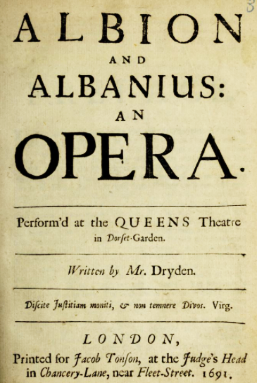 "Much of the writing at the time consisted of secular, often bawdy, songs and church anthems set for voices, violins and viols."
"Much of the writing at the time consisted of secular, often bawdy, songs and church anthems set for voices, violins and viols."
Both Draghi and Grabu were canny operators and chose to set works by the great English poet of the time Dryden. We’ll hear sequences from the Ode to St Cecilia – much later and more famously set by Handel – in Draghi’s ‘From Harmony, from heav’nly Harmony with a wonderful interplay of instruments in the Symphony that acts as a prelude and the imaginative accompaniment to the bass baritone in ‘Orpheus could lead the Savage race’. I found definite traces of Monteverdi in Draghi’s score which, in my book, is no bad thing.
Grabu composed music for another Dryden opus Albion and Albenius. Inconveniently, the King died during rehearsals, and so the sycophantic poet adds a final scene apotheosis which cast Charles as Albion being summoned to heaven and his successor James II as Albenius, taking the throne as his anointed successor. The dramatic aria Oh Jealousy for soprano, strings and continuo is a masterful piece of vocal scoring. Grabu clearly shows the influence of Lully with whom he is thought to have trained in Paris. It’s interesting that the flyer calls it an opera, as the term was not in regular use at the time with more common ‘Entertainment with Musick’ of ‘Play with Masques’ generally used. Often music was incidental to a spoken play and only gradually did fully sung pieces start to become common in theatres and concert halls.
The Orchestra of the Age of Enlightenment’s programme, directed by Steven Devine weaves the music of all four composers into a fascinating journey of discovery since few of these pieces will be familiar. And the new host of Mastermind, Clive Myrie, will add flavour and context with readings from contemporary sources among them Samuel Pepys who was often dismissive of the foreign music he heard. What do you think? Come to the concert and judge for yourselves.
Restoration Music
King’s Place 13 October 2021 20:00
Click here to book tickets.
